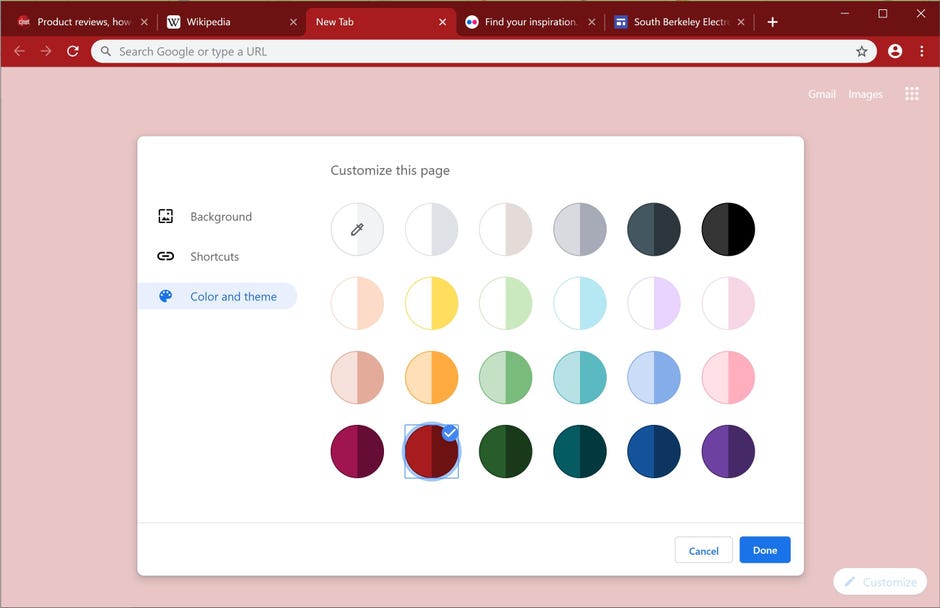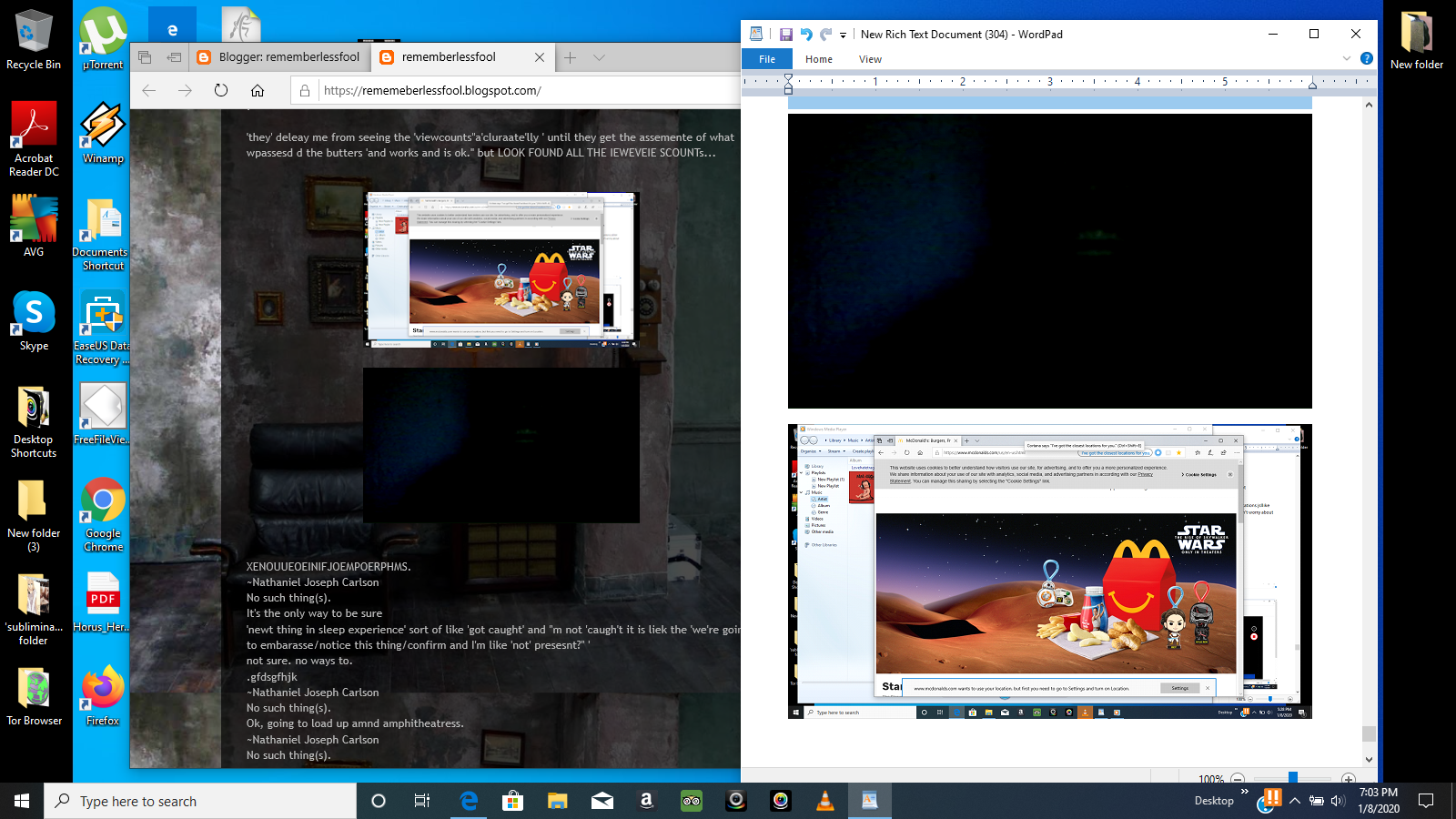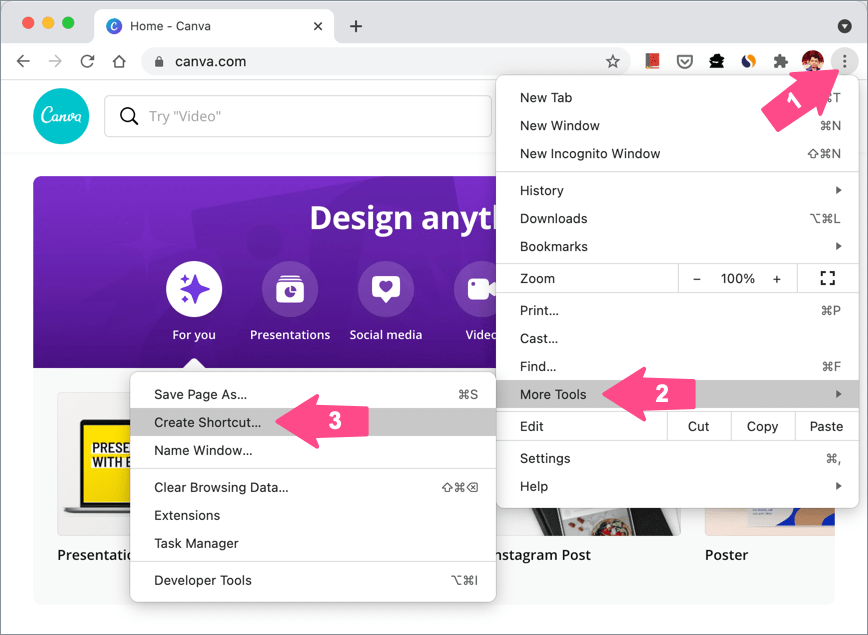
- #What does the toolbar for chrome look like on a mac software#
- #What does the toolbar for chrome look like on a mac windows#
( Firefox’s new JavaScript capabilities, dubbed TraceMonkey, are set to debut in Firefox 3.1, due later this year.)Īt the moment, Firefox has multiple advantages over Chrome, including legions of loyal users and the richest collection of extensions of any browser, which give it much of its power and appeal. (Even end users should care about that last point: When a browser supports standards well, sites and services work the way they’re supposed to.) And both aim to make Web-based applications more usable by providing fast implementations of the JavaScript programming language. In many ways, Firefox and Chrome have similar aims: Both place an emphasis on simplicity, security, and strict adherence to Web standards. But given the power of the Google name and distribution pipeline, Chrome is the first browser that stands a chance of displacing Firefox as the highest-profile alternative browser. If Firefox had never existed, it’s entirely possible that Google never would have thought developing a browser was worth the effort.Īt this early stage in Chrome’s history, it would be premature to make any predictions about its chances of chipping away at Firefox’s market share, which by most accounts consists of a bit less than 20 percent of all browser users. Actually, that’s an understatement–Firefox was the browser that proved that competing with IE wasn’t a pipe dream. Mozilla: For four years now, Mozilla’s Firefox has reigned as Internet Explorer’s most serious rival. Could it evolve into a serious threat to Microsoft’s operating system over time? I don’t discount that scenario–and neither, I’ll bet, does Microsoft.
#What does the toolbar for chrome look like on a mac windows#
And Google has openly stated that it aims to make Chrome into a great foundation for sophisticated Web applications that compete with desktop programs.Ĭhrome won’t spell tangible trouble for Windows in the next few months, or maybe even the next year.
#What does the toolbar for chrome look like on a mac software#
As many applications continue to migrate from desktop PCs onto the Web, plenty of buzz is advancing the idea that the center of gravity in software platforms is shifting from operating systems to browsers. Ultimately, though, Microsoft is surely less concerned about Chrome’s potential impact on IE, a product it gives away for free, than on Windows, the one that’s responsible for billions of dollars of Redmondian profit each year. What would that mean to other companies that make browsers or otherwise compete with Google? Let’s consider the contenders one by one, starting with the rival that has the most to lose. Then again, it wouldn’t be the least bit surprising if Chrome did turn out to be a great big deal. The company has a tendency to launch interesting stuff and then lose interest in it unless Google works very hard to improve and promote Chrome, the program might not amount to anything more than an also-ran in the browser race. It’s also dangerous: For every Gmail, Google Maps, and Google Calendar, we’ve seen several services from the Googleplex that didn’t change anything at all, such as Google Base, Google Product Search (née Froogle), Google Web Accelerator, Google Page Creator, and Google Blog Search.


It’s tempting to assume that Google’s entry into any new market will be world-changing. (For additional coverage, see “ Google Chrome Web Browser“–our product review–and “ Google’s Chrome: 7 Reasons for It and 7 Reasons Against It.”) On Monday, a comic by legendary cartoonist/explainer Scott McCloud leaked onto the Web, confirming a rumor so old that many folks had forgotten about it: Google was about to release a Web browser.

For the first time in history, a declaration of war came in the form of a comic book.


 0 kommentar(er)
0 kommentar(er)
